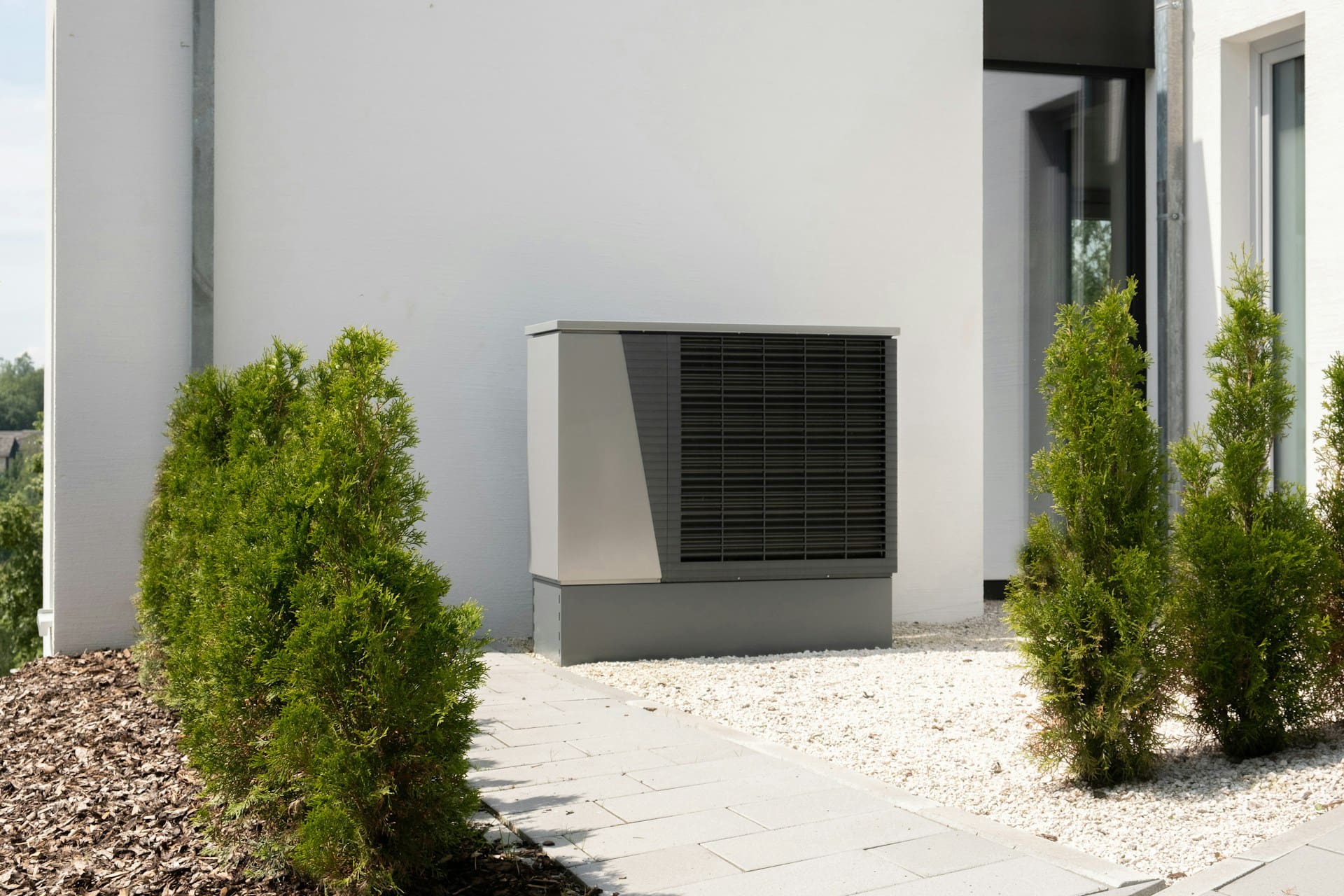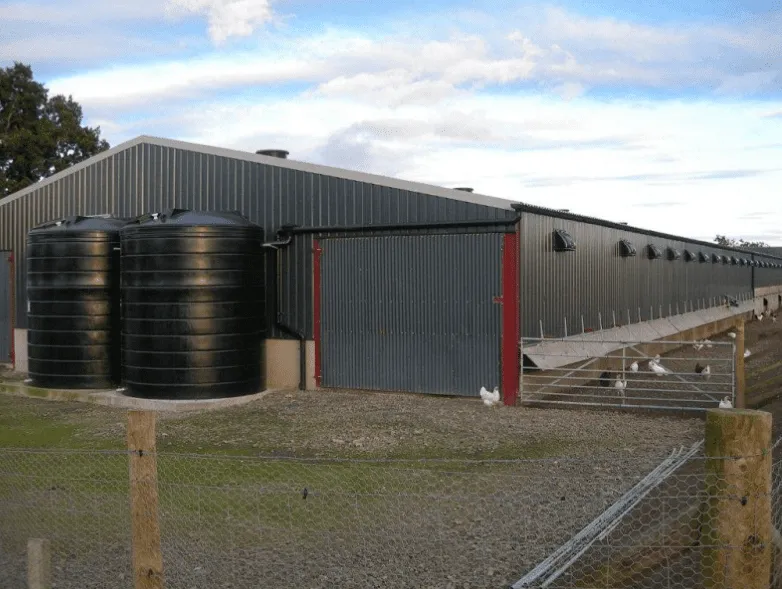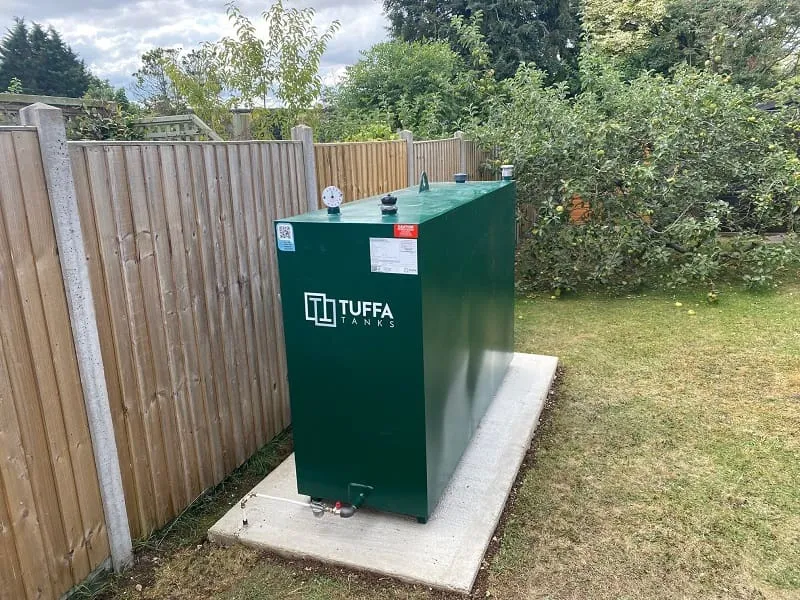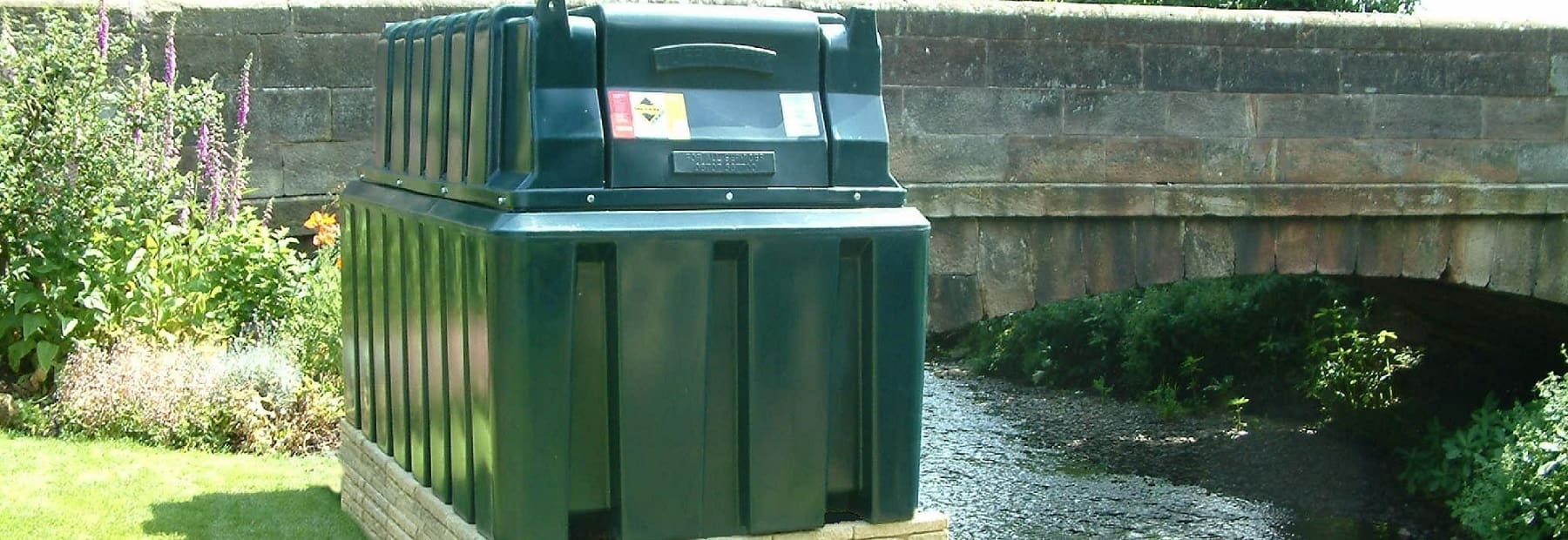Large oil spills are a form of pollution and particularly harmful to the environment. They are also a major fire hazard as oil is extremely flammable.
So, here at Tuffa Tanks, we have put together a few suggestions on how to clean up an oil spill. There are many variations and factors relating to oil spills, for example, the size of the spill, the type of oil that is spilt, the weather condition and the type of surface it is spilt on. This is why there are many different ways of cleaning up oil spills, so with this in mind, there may be a few methods that could work for you.
- You could enclose the spilt area to prevent it from bleeding further and use skimmer equipment. This method can be used on water as well, but is not ideal in extreme windy conditions.
- Dependant on the size of the spill, you could leave it to enable it to absorb naturally and disperse. Logic and weather condition would indicate whether this is a viable option or not and how light or heavy the oil is.
- Small stains, in general, can be removed by using household detergents (dependant on oil type), i.e. household cleaner, soap or vinegar along with a brush and water.
- You could disperse the oil in order to speed up its vaporisation; again, this would be entirely dependent on the type of oil and hazard you are fronting. To do this, you would need to use an oil dispersant and it is only possible dependant on the type of oil, amount of oil and how recent the spillage was. Oil dispersants are less effective on older oil spills, so it would be more effective for use on a fresh spillage.
- To avoid small, home spillages of motor oil etc., try using cat litter under your car or vehicle to prevent any spillages; as the litter will soak this up effectively. For slightly larger areas, use cat litter to absorb the spillage followed by acetone or baking soda.
Don’t forget to ensure you keep pets and animals away from oil spillages as this could cause them harm and spread the oil stains too. Remember, oil spills are messy, leave permanent stains and weaken the surface they are spilt on.
These are just a few tips for how to deal with smaller, domestic oil spillages. However, for the bigger, environment changing spillages, it is better to avoid a spillage in the first place by using a safe and reliable container to store it in.
Visit Tuffa Tanks for more information on the type of tank you can use to avoid oil and chemical leakages and spills. With our vast range of tanks, such as AdBlue, oil, water, and above all, our bespoke tanks designed to fit our clients requirements, we are sure to have exactly what you are looking for.






























